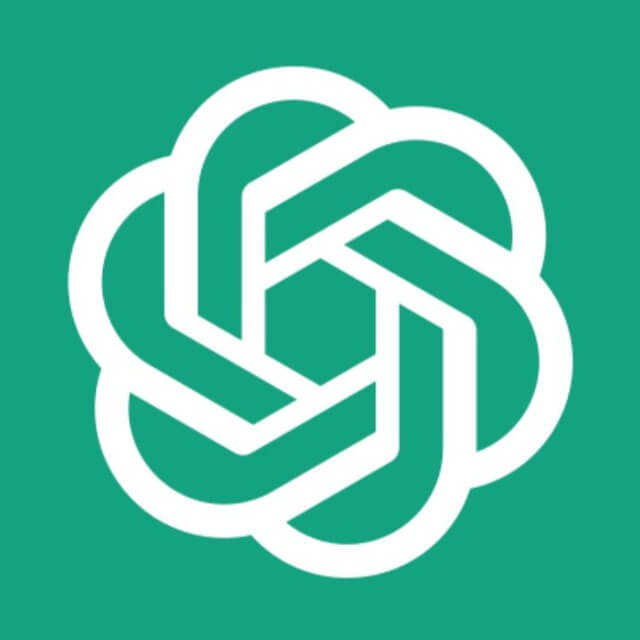Price Data
Analysis
Trade
Market Cap
All-Time High
All-Time Low
Fully Diluted Valuation
Circulating Supply
Total Supply
Categories
Performance since ICO
| Currency | USD | BTC | ETH |
|---|---|---|---|
| ROI | 28,755% | 32% | -92% |
Introduction to IOTA: A Feeless Cryptocurrency
IOTA is a unique cryptocurrency with a focus on enabling feeless transactions, making it an ideal solution for the Internet of Things (IoT) and microtransactions. In this article, we will explore the technology behind IOTA, its tokenomics, and how it aims to solve the issues of scalability and fees in the crypto space.
IOTA: A DAG-Based Cryptocurrency
Unlike most cryptocurrencies that use blockchain technology, IOTA utilizes a Directed Acyclic Graph (DAG) called the Tangle. DAGs are faster and more scalable than blockchains, making them a potential next step in the evolution of distributed ledger technology. The Tangle allows for faster transaction confirmations, as it only requires two other transactions to reference a new transaction for it to be confirmed.
One key advantage of the Tangle is that as more people use IOTA, the faster the network becomes. This is in contrast to traditional blockchains, where increased usage leads to higher fees and slower transactions.
Feeless Transactions with IOTA
IOTA's main selling point is its ability to offer feeless transactions. This is made possible because there are no miners or validators in the IOTA network. Instead, users submit their transactions directly to the Tangle using private keys and asymmetric encryption.
Currently, IOTA relies on a centralized entity called the Coordinator to secure the network. However, the IOTA team has plans to replace the Coordinator in the future, making the network more decentralized.
The absence of fees in IOTA opens up new possibilities for microtransactions that would be impractical with traditional cryptocurrencies. For example, users could pay for small purchases, like a cup of coffee, without incurring any additional costs.
Smart Contracts and Layer 2 Solutions
Although IOTA does not currently support smart contracts on its main Tangle, the team is working on developing layer 2 blockchains that would allow for smart contracts and decentralized applications (dApps). These layer 2 solutions, called Off-Tangle, will also support tokens and non-fungible tokens (NFTs), making IOTA comparable in utility to Ethereum.
Preventing Spam on the IOTA Network
To prevent spam on the network, IOTA uses a congestion control algorithm, which is the first non-proof-of-work DAG-based congestion control algorithm. In the future, IOTA will also rely on a virtual token called Mana. Users earn Mana by holding the native IOTA token, which can then be used to prioritize transactions during times of network congestion.
IOTA Tokenomics
IOTA has a total supply of 2.779 billion coins, with no planned inflation. The coins were sold through an initial coin offering (ICO), raising around $500,000. Due to users losing or forgetting their wallet keys, IOTA is considered slightly deflationary.
It's important to note that IOTA coins are not required for transactions on the network, meaning that the natural demand for the coin does not arise from the use of the infrastructure, unlike Bitcoin or Ethereum.
In terms of wallet distribution, 30 wallets hold more than 50% of all IOTA coins. This can be attributed to large exchanges holding a significant amount of coins and the use of the UTXO transaction model, which allows one private key to control multiple wallets.
Team Background
The IOTA team consists of experts from various fields, such as mathematics, engineering, and cryptography. Key team members include Dominik Schiener, David Sønstebø, and Sergey Ivancheglo, who have a wealth of experience in blockchain technology, IoT, and distributed ledgers. The IOTA Foundation, established in 2017, drives the project's research and development, aiming to further advance and promote the IOTA protocol, the Tangle, and its applications within the IoT industry.
Current and Upcoming Project Development
IOTA is continually working on improving its network and developing new features to expand its use cases. One of the major current development projects is the removal of the centralized Coordinator, which will be replaced with a decentralized solution called Coordicide. Furthermore, the IOTA teams are researching and implementing layer 2 solutions, like Off-Tangle blockchains, to support smart contracts, dApps, tokens, and NFTs. This will enhance IOTA's utility and make it a viable alternative to Ethereum and other smart contract platforms.
Conclusion
IOTA is a unique cryptocurrency that aims to solve the issues of scalability and fees by using a DAG-based technology called the Tangle. With feeless transactions, layer 2 solutions for smart contracts, and a focus on IoT and microtransactions, IOTA has the potential to make a significant impact in the cryptocurrency space.
IOTA Price Analysis
As of April 23 2025 IOTA has a marketcap of $672,445,366.00. This is {{percentagefromath}} from its all time high of $5.25. In terms of its tokenomics, there's a total supply of 4,600,000,000 with 80.19% currently outstanding. Keep in mind IOTA has a fully diluted value of $838,549,074.00 which many investors might interpret as overvalued.
Of course, don’t trust price predictions alone, always check the Coinrotator token screener to follow the trending market.

IOTA Markets
| Exchange | Pair | 24h volume |
|---|---|---|
No data | ||